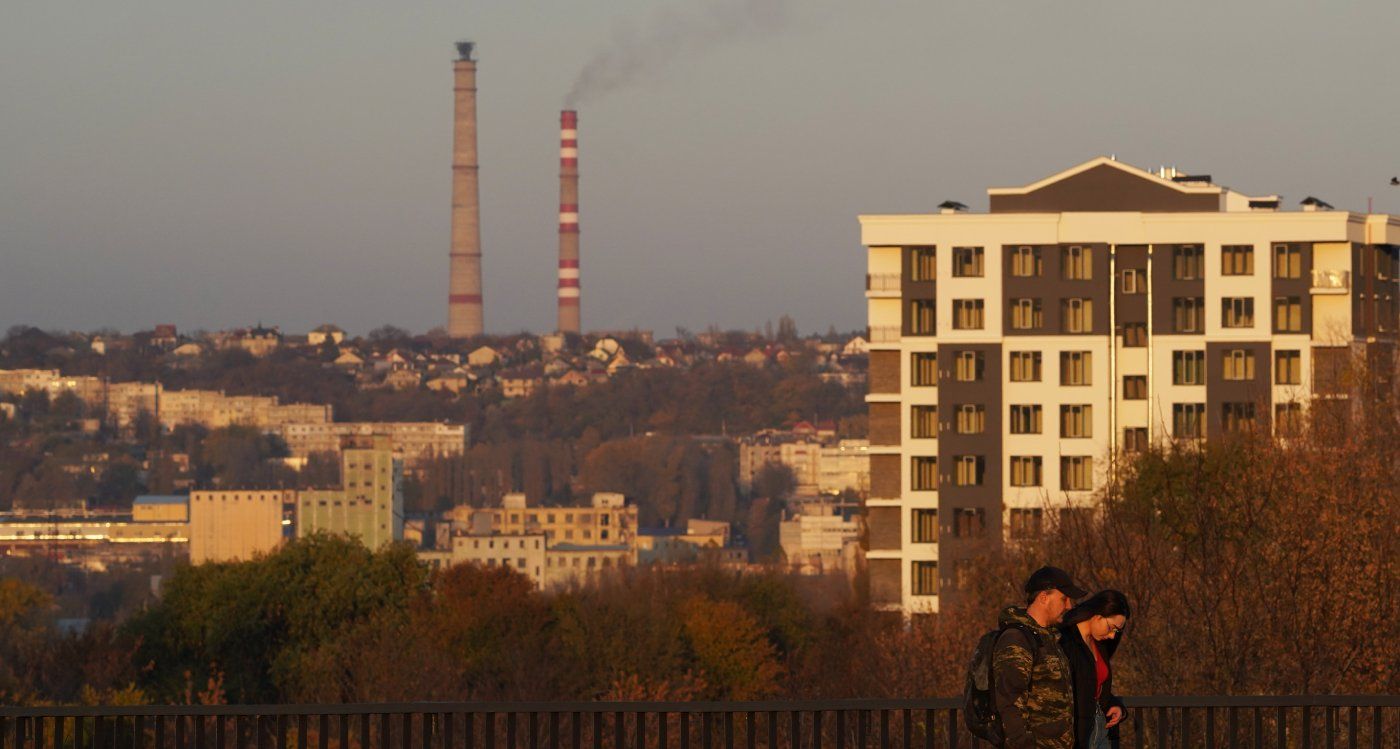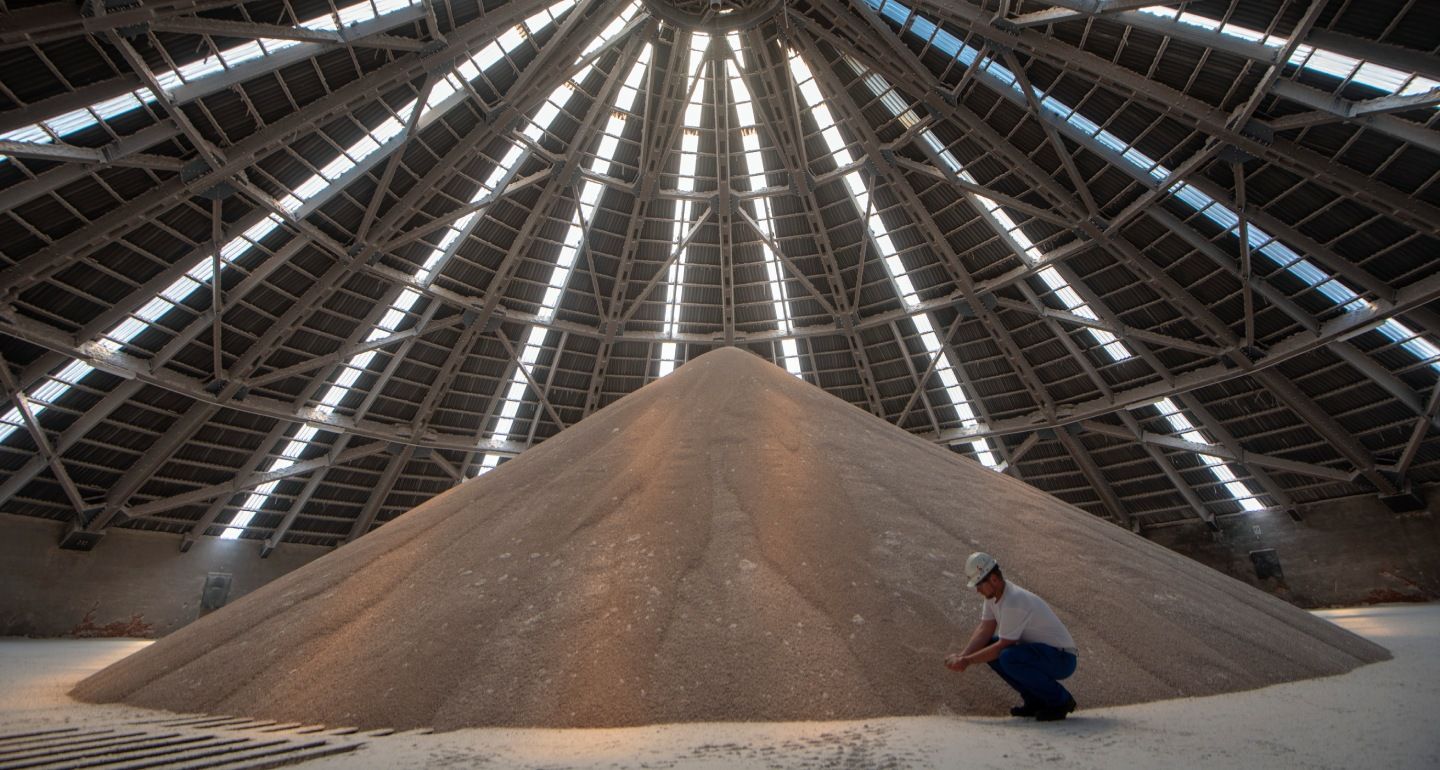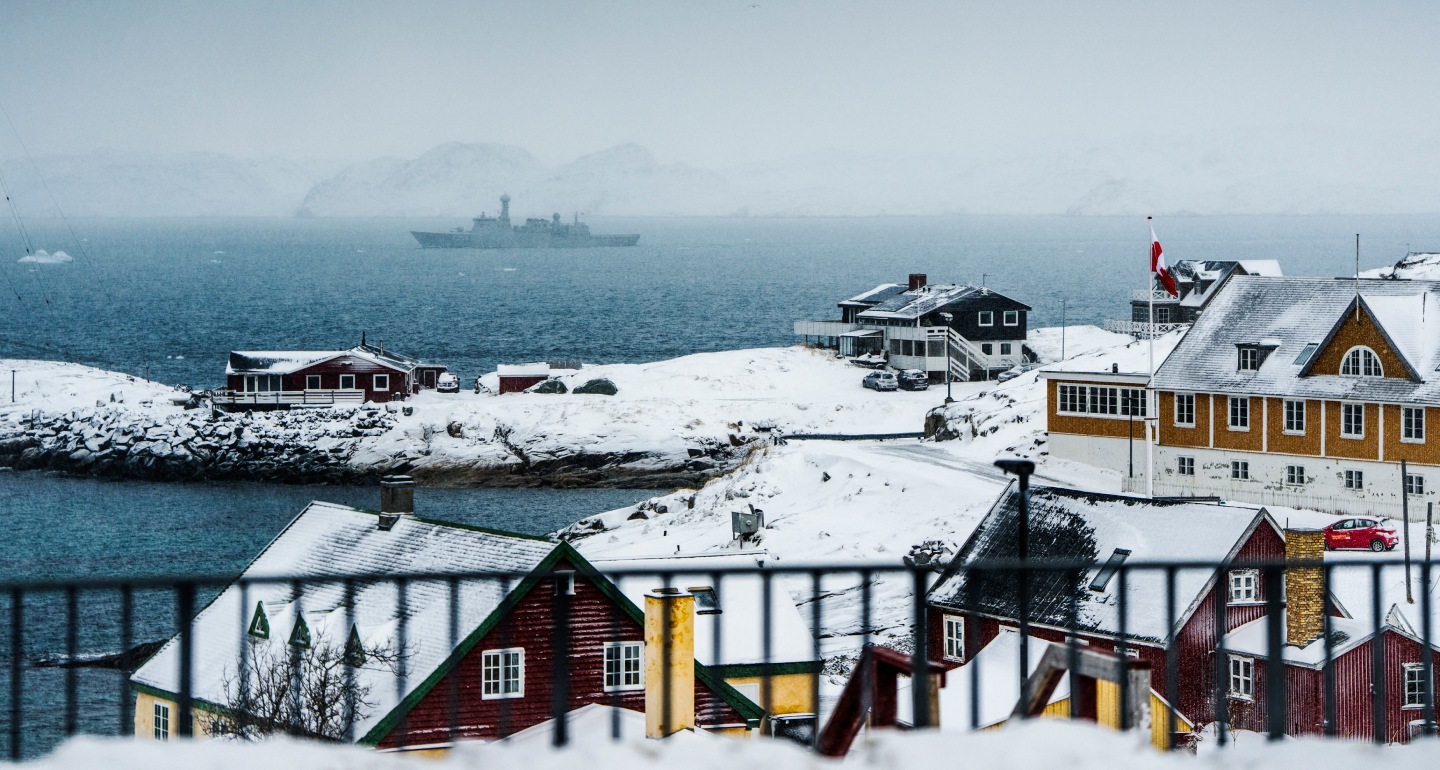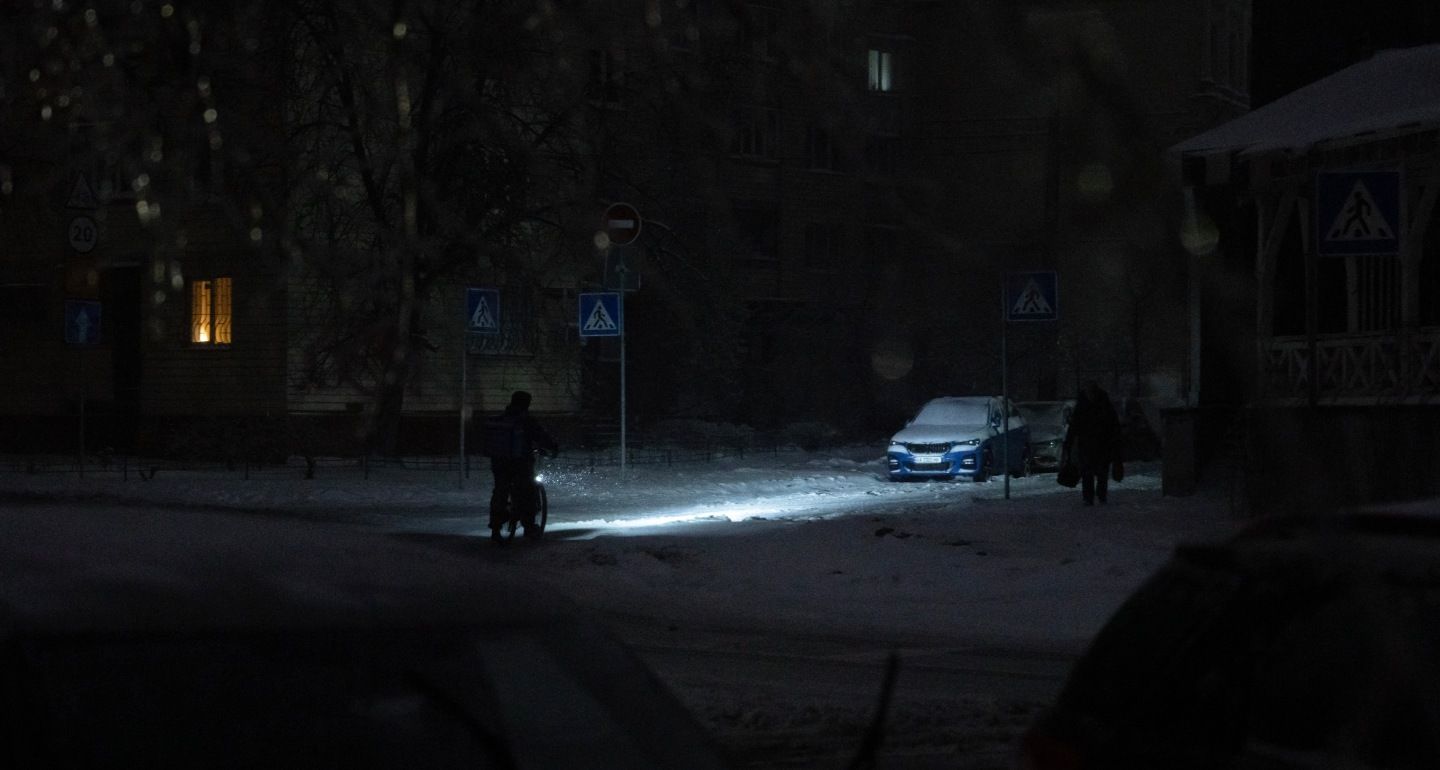The Moldovan authorities have announced a state of emergency ahead of a likely end to Russian natural gas supplies via Ukraine from January 1, 2025. Cutting off that gas will not only cause problems for Moldova, but also for the breakaway state of Transnistria that has long been dependent on cheap Russian gas.
Since the full-scale invasion of Ukraine in 2022, gas supplies have been Russia’s main instrument for exerting influence over both Chișinău and Tiraspol. However, it looks like Moscow is losing interest in the region, and is not planning to go to any great lengths to keep the gas flowing. For the Moldovan authorities, that opens up nothing less than the possibility of reunification with Transnistria, which has been ruled independently since a separatist conflict following the collapse of the Soviet Union. However, Chișinău does not appear to believe that the Kremlin will really abandon Transnistria without a fight. Nor does it have a convincing plan to deal with the looming crisis.
Despite appearing to take many in Moldova off guard, an end to Russian gas supplies to Moldova via Ukraine is a scenario that has been in the cards for many months. Ukraine warned in January 2024 that it was not planning to extend the transit agreement for Russian gas across its territory due to expire at the start of 2025.
Russia’s state-owned gas giant Gazprom has not had a monopoly on the Moldovan gas market since 2022, when the Kremlin cut supplies to Moldova by a third, citing problems caused by Ukrainian bombardment. Faced with a major energy crisis, Chișinău redirected all the remaining Russian gas to Transnistria, and started buying its own gas from European providers. While this allowed Chișinău to claim it was no longer dependent on Gazprom, Moldova continued buying cheap electricity from Transnistria that had been produced from Russian gas.
Of course, in an emergency, Moldova could purchase electricity from neighboring Romania, but that would be significantly more expensive than the current arrangement, triggering price rises for consumers, and the government would prefer to avoid the sort of public anger that would inevitably generate as it prepares for 2025 parliamentary elections. The ruling Party of Action and Solidarity already looks unlikely to retain its majority.
Nor can the Moldovan authorities afford to ignore a crisis in Transnistria. After her re-election earlier this year, Moldovan President Maia Sandu said she intended to reunite the country, and the government has promised that if necessary, it will buy European gas to keep the lights on in Transnistria. That means consumers in Transnistria will likely see gas prices rise.
Transnistria has also declared a state of emergency. Cheap Russian gas is not only a source of heat and light for the separatist statelet, but the basis of its entire economy. Transnistria’s exports of electricity generated from gas bring in valuable revenue, facilitate the operation of nearly one hundred industrial enterprises, and underwrite the legitimacy of the local authorities by ensuring utility bills remain low.
All of this made gas Moscow’s chief source of influence in the region—even more so than a small Russian military garrison whose combat readiness is questionable. That appears to be why Chișinău remained convinced the Kremlin would find a way to continue to pump gas to Transnistria.
It’s possible that Gazprom could redirect gas supplies to Transnistria via the Trans-Balkan or TurkStream pipelines. However, that would require booking the required capacity in advance—something Gazprom has not done.
While Moldovan officials have been slow in recognizing the looming energy crisis, they have not been sitting entirely idle. At the end of November, then Moldovan Energy Minister Victor Parlicov traveled to St. Petersburg to hold talks with Gazprom CEO Alexei Miller, even though Chișinău had said it would not negotiate with an aggressor state. The main goal of the trip was to discuss alternative routes for gas supplies to Transnistria, but there was no breakthrough.
Gazprom said it was only prepared to redirect gas through the Trans-Balkan pipeline if Moldova repaid its debts. However, the two sides have very different estimations of the size of that debt: Russia says it’s over $700 million, while Chișinău, after conducting an independent audit, acknowledges only about $8 million.
Miller also stated that Gazprom was prepared to keep sending gas through Ukraine—if Chișinău was able to come to an independent agreement with Kyiv. The Moldovan government has attempted to reach such a deal, but Ukraine is unwilling, pointing out that 50 percent of Moldovagaz, which is responsible for transporting Russian gas, is actually owned by Gazprom, which has been sanctioned by Kyiv.
Still, the meeting in St. Petersburg was not a total waste of time. At the very least, it revealed that Russia had decided not to support Transnistria. That would seem to open up a historic opportunity for the government in Chișinău to end the long-running separatist conflict and unite the country. Unfortunately, it requires Moldova to first help Transnistria weather an energy crisis—and there are no easy options.
In addition to the end of gas supplies via Ukraine, there was another reason for Moldova to introduce a state of emergency this month: a rise of almost 30 percent in the price of gas for domestic consumers. That occurred despite the government promising in the fall that the country was prepared for colder weather and that price hikes would not be necessary.
After a lengthy blame game, Moldova’s president eventually sacked Parlicov at the beginning of December, and Prime Minister Dorin Recean assumed responsibility for dealing with the unfolding energy crisis. For the moment, though, it’s not clear what he can—or will—do differently.
Rising gas prices will inevitably feed through into price inflation for other goods and services, angering Moldovans. That unhappiness will damage the popularity of the pro-European Union ruling party at parliamentary elections that will take place within six months. Nevertheless, the current government does not appear to be prepared to implement any significant changes.
Indeed, there is little in the way of public discussion about the broader opportunities that an end of Russian gas supplies to Transnistria may open up for Moldova. Instead of focusing on the cost and benefits of being able to unify the country, Chișinău simply repeats that its main priority is joining the EU. Yet if there’s one thing that would accelerate Moldova’s EU accession, it’s resolving the long-running separatist conflict.











